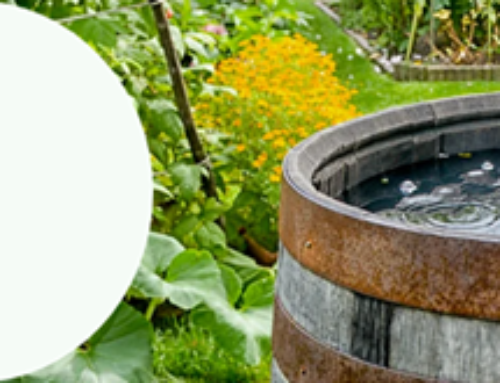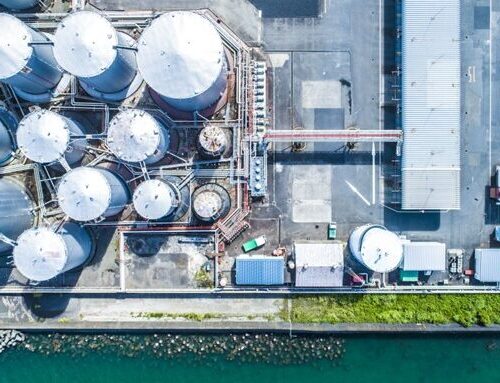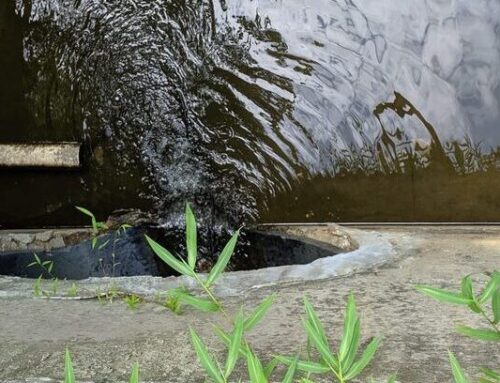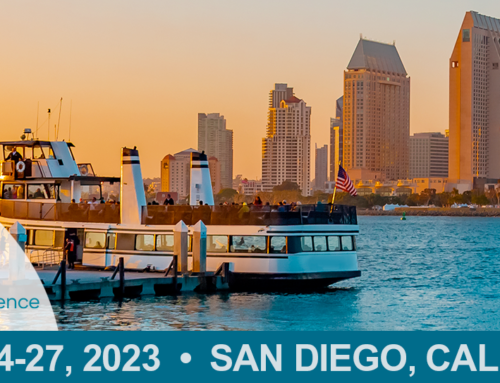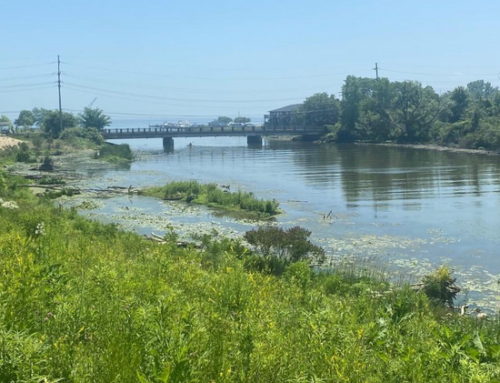Stormwater runoff is problematic throughout the District of Columbia. Since most land within the District has already been developed, improvements to stormwater management rely, for the most part, on voluntary installation of “low impact development” or LID practices as retrofits. These practices aim to retain runoff and reduce the amount of pollution entering District waterways. In 2018, CWP received a grant from the District of Columbia Department of Energy and Environment to build capacity among the city’s nonprofit business districts for the installation and maitnenanceof LID projects. These entities provide education and outreach to businesses and residents in their respective neighborhoods, which often experience a high volume of foot traffic. By targeting outreach to this audience, there is an excellent opportunity not only to improve stormwater management but to also educate residents and visitors about stormwater and its impacts.
CWP educated the District’s Business Improvement Districts (BIDs) and Main Streets organizations about stormwater, stormwater pollution, and LID through a series of capacity-building trainings. Next, CWP assisted the participating BIDs/Main Street entities with site visits to identify the best locations for LID within their neighborhoods and develop concepts for these initiatives. Of the 13 concepts developed, two were selected to advance the project design, with priority given to projects that provide the greatest runoff retention benefits within the District’s municipal separate storm sewer area. One of these projects, a bioretention in the Tenleytown Main Street area, was constructed earlier this year. CWP handled the design, obtained permits, and provided construction inspection services, while Triangle Contracting, LLC served as the construction contractor.
The Tenleytown bioretention project not only treats over 2,700 gallons of stormwater runoff, but also added traffic and pedestrian safety measures at the intersection of Wisconsin Avenue and 42nd Street. CWP secured additional grant funding from Pepco through Sustainable Maryland to hold a ribbon-cutting ceremony, install educational signage, and deliver training for the Tenleytown Clean Team on long-term bioretention maintenance. CWP also advanced the design of a second LID project in the Tenleytown neighborhood and assisted Tenleytown Main Street in securing grant funds to construct the design.
This project has not only increased the inventory of LID projects installed in the District, it has also enhanced the capacity of BIDs/Main Streets organizations to secure funding, install, and maintain LID projects in the future. Another benefit of this work is the increased local knowledge of the impacts of stormwater and the benefits of LID.
To learn more about this project, contact Carol Wong at ckw@cwp.org.


